Author: Alex McCoy from http://www.fittravellife.net
Despite spending about six months beforehand researching the wide world of travel nursing, as I look back on the experience I can’t help but notice a handful of moments where I realize I either sold myself short or was too scared to speak out in ways that could have been helpful. Three years later, it is easy to see these things clearly, but also easy to understand why I did the things I did as a new traveler.
In those three short years I have also seen the amount of resources for travel nurses and therapists multiply. There is a wide array of information presented in many different ways. I highly encourage anyone who is still a “dreamer” to peruse multiple sites, groups, and resources in order to get different perspectives and tidbits of information to start your travel journey on a strong foot. In addition, here are my top reflections of things I wish I knew before I started travel nursing.
A solid understanding of travel pay package creation
As a newbie I understood that pay was divided into taxed and non-taxed categories. But I had absolutely no clue how an agency came up with the numbers they sent over. I thought the only way to get a feel for if I was getting a fair pay package was to compare between two companies and take the higher offer.
Now, I realize everything from benefit packages to license reimbursement affects a traveler’s pay. I am much better equipped to negotiate when it is appropriate. Because I have a good understanding I can provide a solid argument when discussing pay with recruiters and start a contract knowing I am getting the absolute best pay available.
Options for healthcare coverage outside of company coverage.
I was always lucky enough to have traditional insurance coverage through my college years, and immediately signed on for coverage through my permanent position as a new grad. When I started working as a travel nurse, I assumed the only logical way to insure myself was to sign on for company coverage.
While this does work for a lot of people, there are also a lot of options outside of company insurance that may work for you and your family. Travelers may use marketplace coverage, opt for a healthshare, or purchase private insurance depending on their needs. Pay packages are also built around whether you take company insurance or not. So, even if private insurance looks expensive at first keep in mind that your weekly take home will also likely increase if you opt out of company coverage.
Knowledge of VMS and MSPs.
My first few assignments I only looked within 2 hours of my home because my husband was finishing grad school. My basic approach to this was to call the 2-3 recruiters I had contact with and hope that there was something lucrative within that radius.
However, when I set my sights on Seattle a couple years later, I had a better knowledge of the way healthcare contracts work. Most hospitals use a larger company–either a VMS or MSP that will then contract the jobs out to smaller agencies. I called the hospital I wanted to work at in Seattle and spoke to someone in Human Resources who let me know who their vendor was.
This way, I knew which company would likely get first pick of the jobs and would know right away if and when that hospital was hiring travelers. This knowledge transfers some power back to the hands of the traveler and allows them to make decisions regarding companies with their own best interest in mind.
How to keep up with friends and family from far away.
I originally thought keeping in contact with all of my friends back home would be easy. Facebook and Instagram make communication so easy, and surely we’d find times to chat here and there, right?
Not how it turned out at all. I spent a lot of time internally upset because I felt like people weren’t reaching out to me while I was away. And then realized I was just as capable at reaching out. I now make a concerted effort to call friends and family every week, and reach out to people with busy schedules and actually make time to catch up with them.
Confidence to speak up when needed.
This lesson helped me in a multitude of ways as a traveler.
First, it has helped me stick up for myself. Whether it is asking my company tough questions or advocating for safe working conditions, I have learned that my skills and time are valuable and I don’t deserve to be taken advantage of. As healthcare providers we are educated and hard working, and we should be treated with respect by our coworkers and superiors.
On the other hand, having confidence has also helped me make more friends and have a more vibrant social life while on assignment. Don’t be afraid to strike up the conversation, plan the outing, or ask your coworkers about themselves. As a traveler, don’t sit and wait to be invited somewhere! Just put on a big smile and reach out if you are looking to meet some new people!
sit and wait to be invited somewhere. Just put on a big smile and reach out if you are looking to meet some new people!
The bottom line: do some research, find your voice, and remember you are an asset!
At the start of your travel healthcare journey you have to take a lot of time to learn the world behind the great adventure. Aside from clinical skills, the world of travel healthcare is nothing like a traditional job (which is also what makes it so great).
Spend some time before you take the leap checking out quality resources, invest your time in learning the behind-the-scenes details, and mentally prepare yourself to go out and rock your first assignment. Stay confident in your knowledge and your skills, and you will have a smooth transition into the incredible world of travel healthcare.
Published March 24, 2019
About the author:
Alex McCoy is a pediatric travel nurse who runs Fit Travel Life–a coaching service and community for travelers looking to stay fit on the go. She also volunteers at TravCon with fitness-related activities and the annual fitness challenge.
Alex travels with her husband and their two pets, and loves finding the best local coffee and wine.


